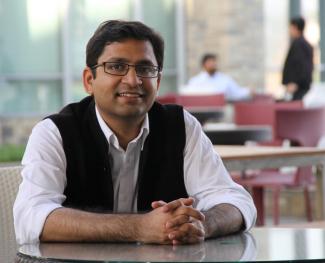Social influences and public health insurance utilisation
The use of many public programmes is complex and difficult, requiring considerable information, expertise, and help. For some types of people and diseases, using formal health services might be taboo, violating prevailing social norms on appropriate behavior. These factors might limit adoption, even if the programme is otherwise beneficial for users. For example, in developing countries there are often few formal sources of information about programme benefits or how to access them. In sectors such as privately provided healthcare, experts frequently have conflicts of interest. Social networks might influence adoption by providing more programme information, offering expertise on how to make choices and signalling whether using the program is socially appropriate. Members within social groups might have strong in-group preferences and help each other use public programmes.
This project examines the role of social networks, specifically caste networks within a village or urban ward, in increasing utilisation of Aarogyasri, a large publicly financed health insurance programme operating in the state of Andhra Pradesh (AP), India since 2007. We posit that local caste networks play a vital role in transmitting information about the Aarogyasri program. The kinds of information communicated might include eligibility criteria, procedures for contacting hospitals, and availing treatment for specific diseases. Individuals may share information on which hospitals or doctors provide the best care. Caste utilisation could signal that using formal healthcare is socially appropriate, an important consideration for women and other excluded groups.




